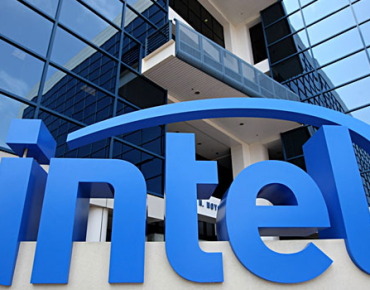Intel-Altera Deal Would Boost IoT Efforts

If, as reported over the weekend, Intel Corp. moves to acquire programmable logic and embedded processor specialist Altera Corp., industry watchers predict it would boost the world's largest chip maker's Internet of Things efforts while solidifying its hold on the x86 server market.
The Wall Street Journal first reported on March 27 that Intel is in talks to acquire San Jose-based Altera. The chipmaker specializes in FPGAs, embedded processors and so-called systems-on-chip. Altera's 2014 revenues totaled about $2 billion.
Despite its near monopoly in the x86 server market, Intel has been casting about for ways to broaden its portfolio as the PC market fades and the tablet market approaches saturation. To that end, it has ramped up its IoT efforts over the last year while targeting key networking initiatives to forge open interconnects.
In rolling out its IoT platform in December, Intel said its nascent IoT business generated about $2 billion in revenue over the previous year.
Analysts said telecommunications infrastructure would be among the largest synergistic markets for Intel and Altera. "Intel is already the leading supplier of high-performance wired and wireless telecommunications infrastructure processor solutions, and with an increasing market for internet-of-things connected devices, these markets provide opportunity for the right solutions," said Tom Hackenberg, principal analyst for embedded processing at market researcher IHS.
"Altera’s position as a strong supplier of broadband, networking and telecommunications solutions was likely a crucial consideration for Intel, when the company decided to enter into talks with Altera," Hackenberg added.
So far, neither company has commented on the acquisition talks.
While Intel remains the world's largest semiconductor supplier with annual revenues of about $50 billion (Samsung Electronics ranks second with annual chip sales of about $38 billion), analysts estimate that Altera controls about 13 percent of the programmable logic market. Market leader Xilinx Inc. is estimated to hold about 49 percent of the global market while a group of smaller players make up the remaining 38 percent of the market.
Along with boosting its IoT and server businesses, IHS said an Intel-Altera merger also would create the second largest industrial semiconductor supplier after market leader Texas Instruments. That is significant since the industrial sector is expected to be a key early market driver for IoT technologies and platforms.
"The Intel-Altera merger is complementary, given that each company essentially manufactures different types of semiconductors," observed Robbie Galoso, principal analyst for industrial semiconductors at IHS. The merger "would combine Intel’s leading position in industrial microprocessors with Altera’s second-ranked position in industrial programmable logic devices."
In areas like high-performance computing, market watchers said Intel's x86 microprocessors and applications processors could leverage Altera's FPGAs to perform co-processing functions, for example."The combined potential of Intel and Altera should be well poised to target a growing telecommunications market and IoT applications," Galoso added.
If Intel pulls the trigger on an Altera acquisition, it would mark of one the chipmaker's biggest deals as the semiconductor sector continues its steady consolidation. Intel acquired German broadband networking and smart gateway specialist Lantiq in February. Terms of that deal were not disclosed, but it is expected to close in the next few weeks.
Related
George Leopold has written about science and technology for more than 30 years, focusing on electronics and aerospace technology. He previously served as executive editor of Electronic Engineering Times. Leopold is the author of "Calculated Risk: The Supersonic Life and Times of Gus Grissom" (Purdue University Press, 2016).










